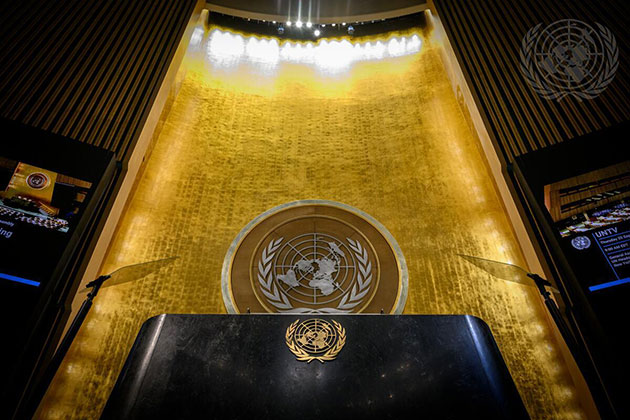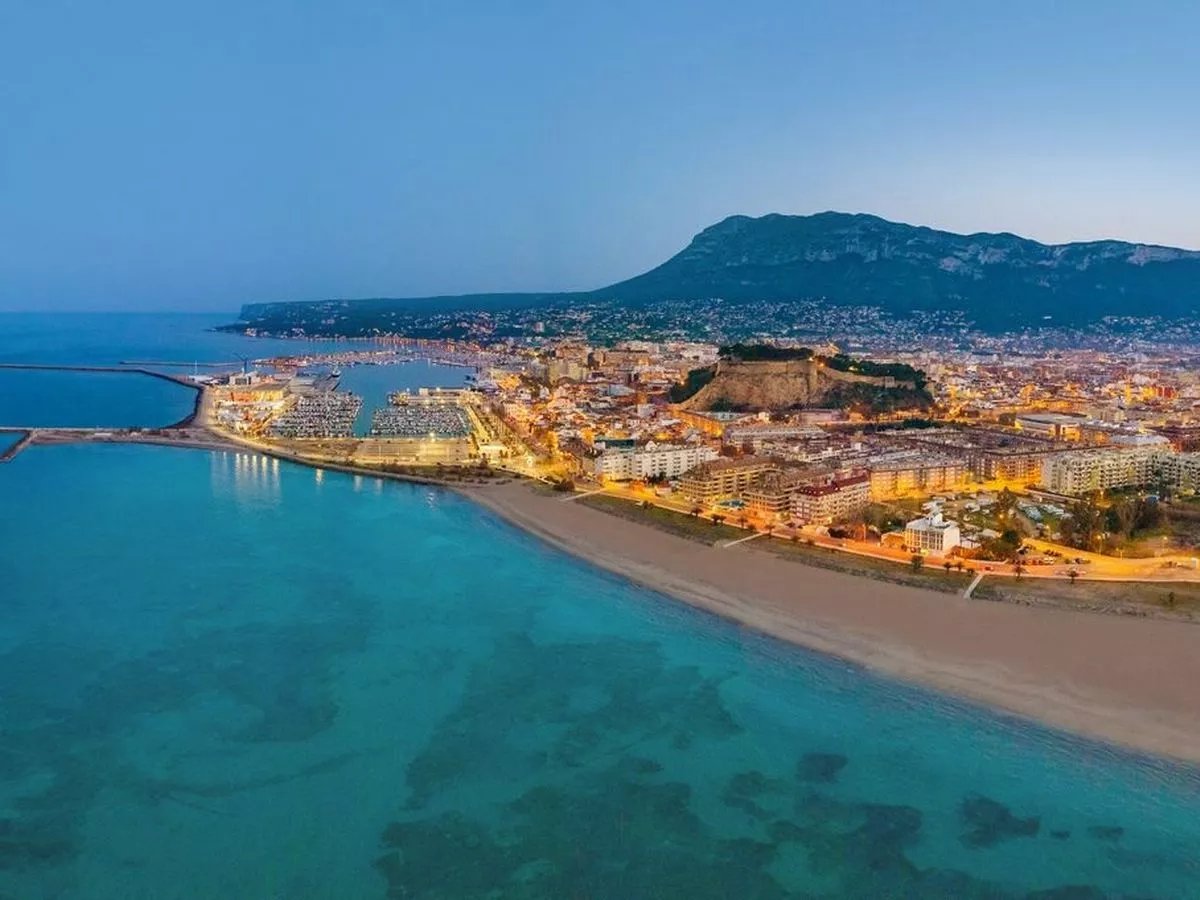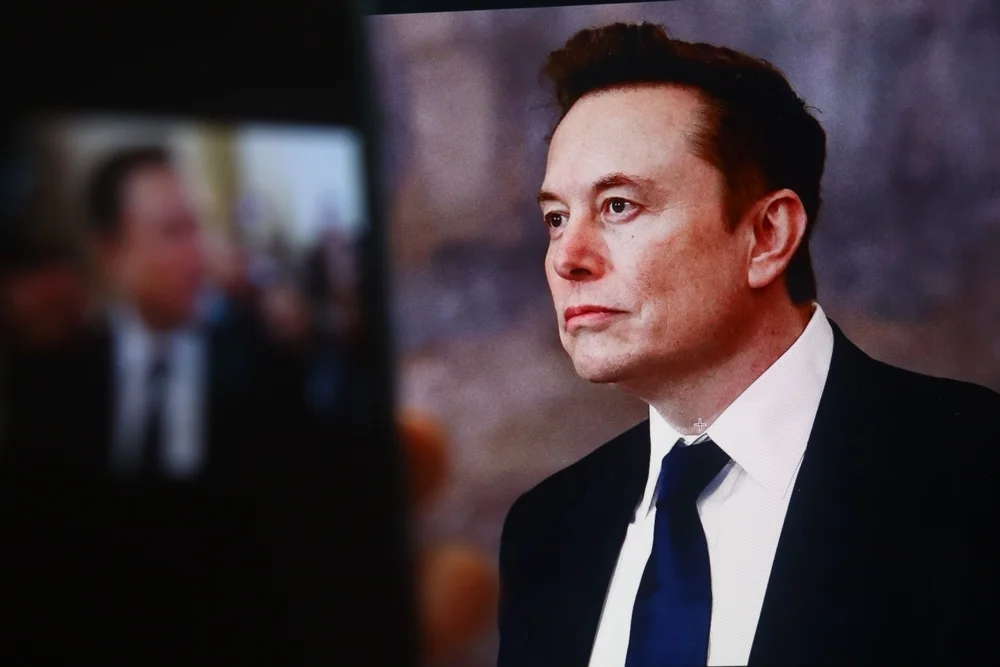By Andrew Firmin,Global Issues
Copyright globalissues

by Andrew Firmin (london)Friday, September 26, 2025Inter Press Service
LONDON, September 26 (IPS) – As the high-level opening week of the UN General Assembly unfolds, with heads of states delivering often self-serving speeches from the UN’s podium, the organisation is undergoing one of its worst set of crises since its founding 80 years ago. This year’s General Assembly – ostensibly focused on development, human rights and peace – comes as wars are raging across multiple continents, climate targets are dangerously being missed and the institution designed to address these global challenges is being hollowed out by funding cuts and political withdrawals.
A UN Commission has just determined that Israel is committing genocide in Gaza, while the Israeli state recently escalated its campaign of violence by bombing Qatar. Meanwhile, Russia’s war on Ukraine threatens to spill over with its recent launch of drones against Poland and incursion into Estonia’s airspace. Conflicts continue in Myanmar, Sudan and many other countries, despite the UN’s foundational hopes of ensuring peace, security and respect for human rights.
The Trump administration has abandoned multilateralism in favour of transactional bilateral dealmaking while spearheading a donor funding withdrawal that is hitting both the UN and civil society hard. The US government has also repudiated the Sustainable Development Goals, the ambitious and progressive targets all states agreed in 2015, but which are now badly off track.
Today’s multiple and growing crises demand an effective and powerful UN – but at the same time they make this less likely to happen.
Cutbacks loom large
As state leaders meet, one of the items on the agenda is the UN80 initiative. Launched in March, this is presented as a reform process to mark the UN’s 80th anniversary. But reflecting the impacts of the funding crisis, it’s first and foremost a cost-cutting drive. The slashing of donor aid – not only by the USA, but also by other established donor states such as France, Germany and the UK, often in favour of military spending – is having a global impact. The UN is being hit both by states failing to pay their mandatory assessed contributions, or delaying them for long spells, and by underfunding of initiatives that rely on additional voluntary support.
When it comes to mandatory contributions, the most powerful states are those that owe the most, with the USA in the lead with a circa US$1.5 billion debt, followed by China on close to US$600 million. Meanwhile voluntary funding shortfalls are particularly hitting human rights work, always the most underfunded part of the UN’s work. In June, UN human rights chief Volker Türk announced that 18 activities mandated by Human Rights Council resolutions wouldn’t be implemented because of resource constraints. In a world riven by sickening conflicts, human rights investigations on Palestine, Sudan and Ukraine aren’t able to operate at anywhere near full capacity.
Funding shortfalls, intensified by the Trump administration pulling out of key UN bodies and agreements, have forced the UN to plan for a 20 per cent budget cut in 2026. That may involve shedding some 7,000 jobs from its 35,000-person workforce, merging some agencies, shutting offices and relocating functions to cheaper locations.
The UN is undoubtedly an unwieldy and over-bureaucratic set of institutions, and it would be surprising if there weren’t some efficiency savings to be made. If staff are relocated from expensive global north hubs to cheaper global south locations, it could help UN bodies and staff better understand global south realities and improve access for civil society groups that struggle to travel to the key locations of Geneva and New York, particularly given the Trump administration’s new travel restrictions – although that wouldn’t be the rationale behind relocation.
But the proposed cuts mean the UN is effectively planning to do less than it has done before, at a time when the problems are bigger than they’ve been in decades. Given this, decisions about UN priorities mustn’t be left to its officials or states alone. Civil society must be enabled to have a say.
Civil society already has far too little access to UN processes. At the high-level week, even civil society organisations normally accredited for UN access are locked out of events. Reform processes such as last year’s Summit of the Future have also fallen far short of the access needed. Civil society’s proposals to improve the situation – starting with the creation of a civil society envoy, a low-cost innovation to help coordinate civil society participation across the UN – haven’t been taken up.
Now even civil society’s limited access could be further curtailed. Already the Human Rights Council is shortening sessions, reducing the opportunities available for civil society. The proposed cuts would impact disproportionately on the UN’s human rights work. In the name of efficiency, the UN could end up becoming less effective, if it grows even more state-centric and less prepared to uphold international human rights law. States that systematically violate human rights can only benefit from the ensuing lower levels of scrutiny.
Civil society is an essential voice in any conversation about what kind of UN the world needs and how to make it fit for purpose. It urgently must be included if the UN is to have any hope of fulfilling its founding promise to serve ‘we the peoples’.
Andrew Firmin is CIVICUS Editor-in-Chief, co-director and writer for CIVICUS Lens and co-author of the State of Civil Society Report.
For interviews or more information, please contact [email protected]
© Inter Press Service (20250926084811) — All Rights Reserved. Original source: Inter Press Service



